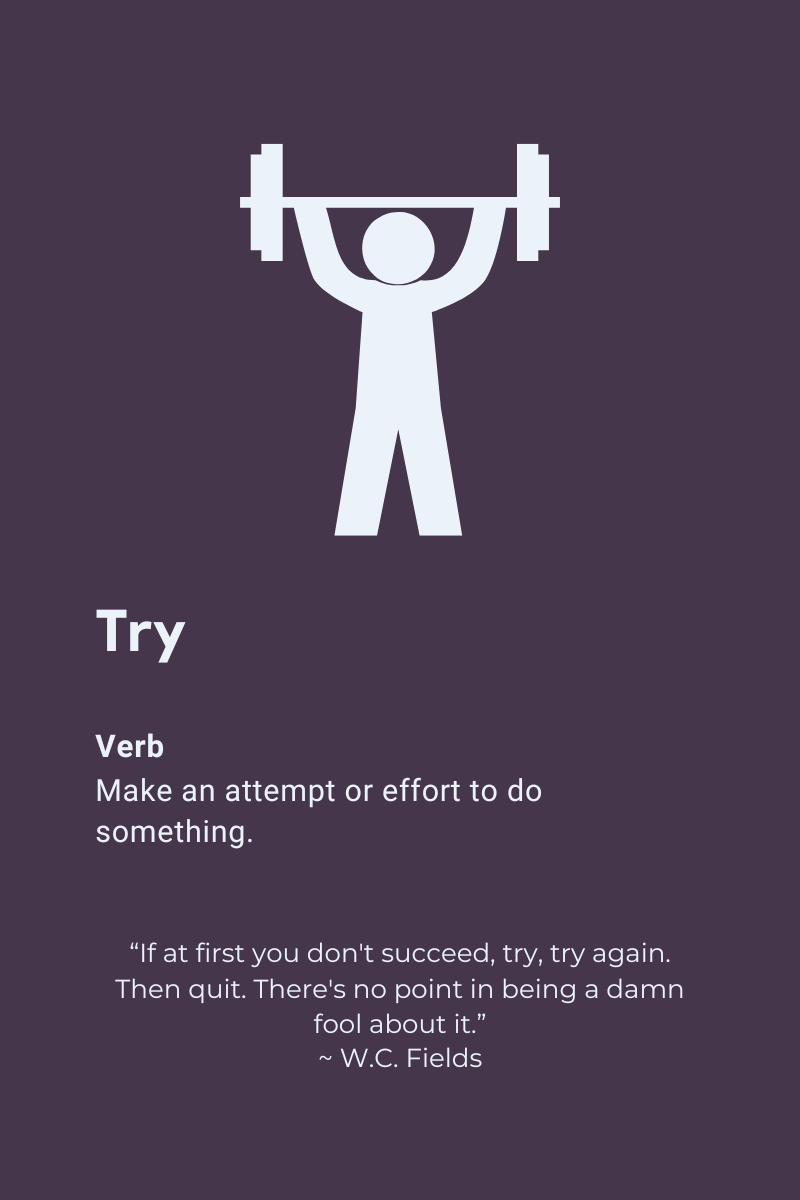Sleep Hypnosis and CBT-I: Can They Work Together for Insomnia?
- Aidan
- Jun 4, 2025
- 3 min read
Updated: Aug 8, 2025
If you’ve tried Paul McKenna’s sleep hypnosis or something similar, you might be wondering: Is hypnosis alone really enough to fix sleep problems?
The honest answer is that it depends. Hypnosis can be a great tool to help you relax and fall asleep on those tough, occasional nights. However, when sleep troubles persist for months, they can deeply affect your daily life. A more structured approach is usually needed. That’s where CBT-I, or Cognitive Behavioural Therapy for Insomnia, comes in.
Let’s break down what each method can do, when they’re most helpful, and how they might actually work well together.

Understanding Your Sleep Issues
What Kind of Sleeper Are You?
First off, it helps to know what kind of sleep problem you’re facing:
Occasional Sleeplessness: This happens from time to time. Stress or an overactive mind often triggers it.
Chronic Insomnia: This condition lasts three months or more. It involves behaviours and thoughts that keep you tossing and turning night after night.
If your sleeplessness is occasional, hypnosis alone might be just what you need. But if your insomnia is chronic, hypnosis typically isn’t enough.
The Benefits of Sleep Hypnosis
What Can Hypnosis Do for You?
Hypnosis, like the techniques used by Paul McKenna, centres on calming your body and mind. It’s particularly effective at easing that tight feeling and racing thoughts that hinder sleep.
For many people, this relaxation helps them fall asleep more easily on stressful nights. When anxiety creeps in, hypnosis offers a way to unwind and prepare for rest.
When Hypnosis Alone Isn’t Enough
Chronic insomnia isn’t just about stress or anxiety. It often stems from long-standing habits and thought patterns that keep sleep at bay. Unfortunately, hypnosis won’t change these ingrained behaviours.
For persistent insomnia, experts recommend a structured treatment like CBT-I, which addresses these underlying issues.
Delving into CBT-I
What’s CBT-I and Why Is It the Go-To for Chronic Insomnia?
CBT-I is a systematic therapy that helps you confront the behaviours and thoughts keeping you awake. Key components include:
Using your bed only for sleep and intimacy
Establishing consistent sleep and wake times
Replacing unhelpful beliefs about sleep with healthier ones
Enhancing your sleep environment and habits
This therapy has been rigorously tested and is endorsed by health authorities, such as NICE in the UK. It provides a robust framework for addressing chronic insomnia.
Combining Approaches for Better Sleep
How Hypnosis and CBT-I Can Work Together
Here’s where it becomes intriguing: while hypnosis alone isn’t a solution for chronic insomnia, using relaxation techniques like hypnosis alongside CBT-I could enhance your chances of overcoming sleep issues.
Hypnosis acts as a calming prelude to the more focused work that CBT-I accomplishes. By helping to ease the mind before bed, hypnosis makes it easier to adopt the CBT-I strategies that directly tackle deeper sleep problems.
Making Sleep Solutions Work for You
What Does This Mean for Your Sleep Journey?
If you’re dealing with occasional sleeplessness, hypnosis may be all you need to relax and achieve better sleep. You can find free resources for this here.
If your insomnia has persisted for months, it’s wise to explore CBT-I for a more definitive solution.
Lastly, consider combining hypnosis with CBT-I. This approach can help you relax in the now while addressing the habits causing sleeplessness in the long run.
A Path Towards Restful Sleep
Ready to Finally Get a Better Night’s Sleep?
I understand how exhausting and frustrating insomnia can be. The endless tossing and turning, the racing mind, and the overall impact on your well-being can feel overwhelming. You are not alone in your struggle.
If relaxation techniques or sleep hypnosis haven’t provided the relief you seek, it may be time to consider a more personalized approach. Whether you’re grappling with occasional sleepless nights or chronic insomnia affecting your daily life, help is available.
I specialize in combining evidence-based therapies like CBT-I with supportive relaxation strategies. Together, we can create a personalized plan to help you break free from patterns that keep you awake and rebuild healthy, restful sleep.
Don’t let sleeplessness dictate your life any longer. Reach out today for a confidential, no-obligation conversation about how we can support your journey towards better sleep and brighter days.
References
Hammond, D. C. (2010). Hypnosis in the treatment of insomnia. International Journal of Clinical and Experimental Hypnosis, 58(1), 33-46.
https://pubmed.ncbi.nlm.nih.gov/20136382/
NIH National Center for Complementary and Integrative Health. (2021). Hypnosis: What You Need To Know.
https://www.nccih.nih.gov/health/hypnosis
Morin, C. M., & Benca, R. (2012). Chronic insomnia. The Lancet, 379(9821), 1129-1141.
https://www.thelancet.com/journals/lancet/article/PIIS0140-6736(11)60750-2/fulltext60750-2/fulltext)
National Institute for Health and Care Excellence (NICE). (2015). Insomnia: The management of insomnia in adults in primary care.
https://cks.nice.org.uk/topics/insomnia/management/managing-insomnia/
American Academy of Sleep Medicine. (2017). Clinical Practice Guideline for the Pharmacologic Treatment of Chronic Insomnia in Adults.
https://pubmed.ncbi.nlm.nih.gov/27998379/
National Sleep Foundation. (2023). CBT-I: Cognitive Behavioral Therapy for Insomnia.
https://www.sleepfoundation.org/insomnia/treatment/cognitive-behavioral-therapy-for-insomnia




Comments